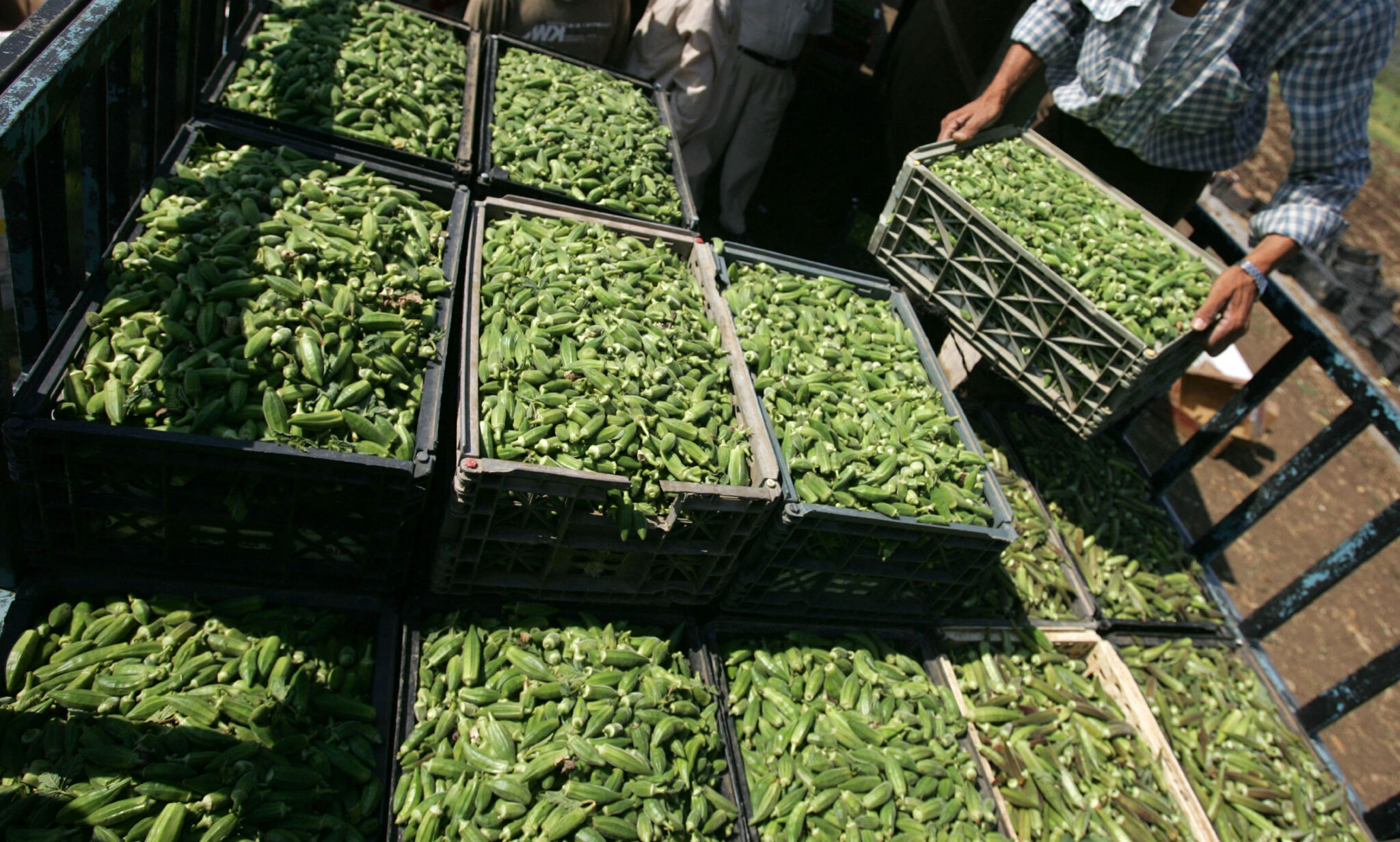
Using okra or other sticky plants could filter the microplastics from wastewater without using synthetic products. Here is the announcement made by American scientists on Tuesday, March 22.
Their findings, presented at the spring conference of the American Chemical Society, could provide an alternative to using chemicals in wastewater treatment plants, which themselves pose health risks.
To filter out these microplastics and other unwanted elements, “we must use natural materials that are non-toxic”explained the researcher at the head of this initiative, Rajani Srinivasan, of Tarleton State University in Texas in a video.
After investigating the ability of this type of plant to purify the water from pollutants of textile origin, Rajani Srinivasan investigated an application for microplastics. With a size of 5 mm or less, these particles are harmful to fish, mainly by disrupting their reproductive system or their growth.
Microplastics come from the huge amount of plastic produced since the 1950s, estimated at some 8 billion tons, of which only 10% is recycled. The rest is scattered to the four corners of the planet, from the oceans to the rivers, in the air and even in our food.
Their effects on human health, which are still poorly known, can be harmful. Microplastics can also be carcinogenic and mutagenic. Wastewater treatment plants usually remove them in two stages: retaining those that float on the surface, then chemicals called flocculants clump the rest together to form clumps that are easier to filter. But these flocculants, such as polyacrylamide, can decompose into other toxic substances.
A hopeful discovery
Rajani Srinivasan and his colleagues therefore investigated whether easily accessible plants such as okra, aloe, cacti, fenugreek, tamarind or psyllium could replace them.
Trials have been carried out with extracts from one or more plants with water contaminated with microplastics. At the end of their experiment, they determined that the combination of okra and fenugreek extracts was more effective in salt water and that an okra-tamarind variant was the best solution for fresh water.
The natural compounds derived from these plants, polysaccharides, are at least as effective, if not more so, than synthetic polyacrylamide. And above all, plant products are non-toxic and already usable in wastewater treatment plants as they exist today.
Researcher Rajani Srinivasan hopes to eventually be able to commercialize this process to allow more access to clean water.
(AFP)